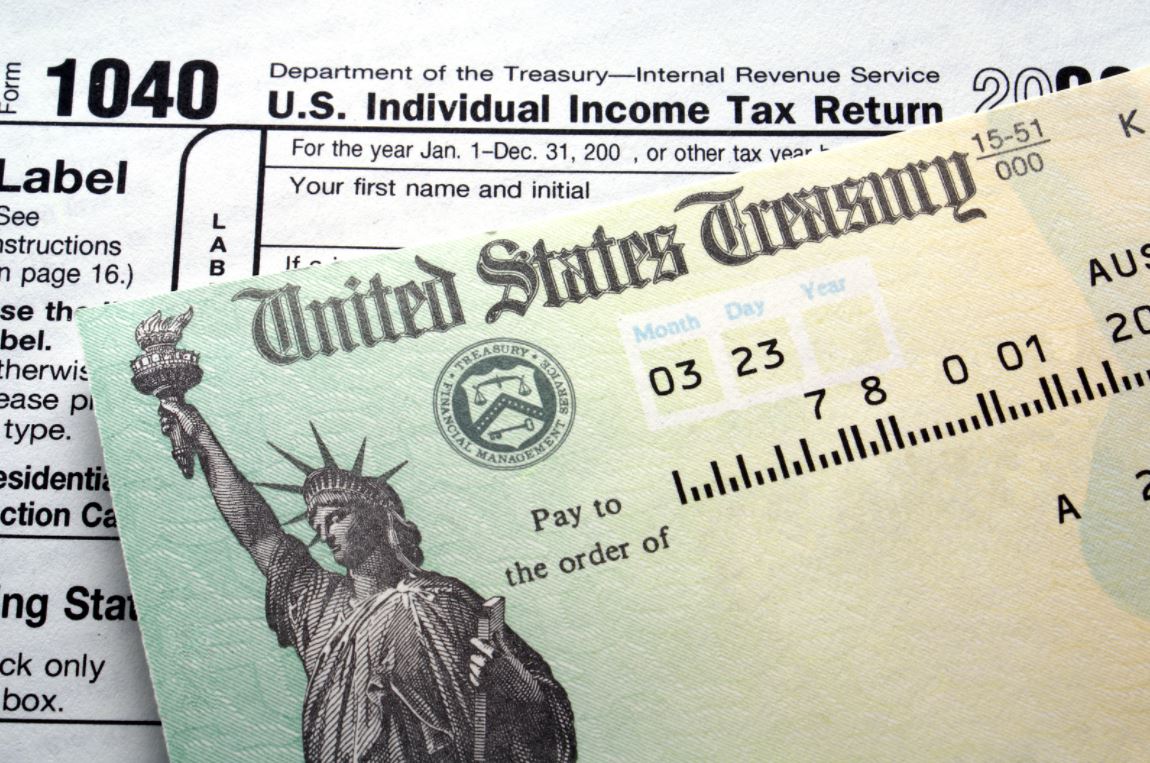Installing solar panels comes with many benefits — a lower electricity bill, energy independence, and sustainable living, just to name a few. These benefits are true for anyone who wants to go solar, but those who are at or nearing retirement age will often find additional perks. For example, solar panels can help protect against inflation, increase your home’s value, and even lower your taxes with a tax credit.
Learn more about how solar panels can help lower your taxes, especially in retirement.
Tax Planning, Retirement, and Solar Panels
Tax planning is an essential part of retirement, and it often starts years before you hit retirement age. Planning can help ensure your taxes stay manageable and that you aren’t paying more than you need to. As you might be withdrawing income from several different accounts — such as individual retirement accounts (IRAs), 401(k) plans, Social Security, and/or pensions, it’s important to ensure you have a plan to minimize your tax liabilities.
There’s a local element to this as well: Kansas, for example, was rated one of the “least tax-friendly” states for retirees in the entire U.S. by Kiplinger, a personal finance magazine and researcher. That means that our Kansas friends and customers may want to take extra steps to minimize their retirement tax burdens.
It may surprise you, but installing solar panels is actually one way that you can lower your taxes — whether you’re at retirement age or not. Though those retirees and pre-retirees may find it to be a particularly appealing option due to the generally fixed-income aspect of retirement.
While a solar tax credit is one big way that solar customers can save money on taxes, it’s not the only way.
Consider these statistics: between 2010 and 2020, electricity costs increased by 30%, according to data by the U.S. Energy Information Administration. The average retired couple can expect to spend $58,000 on electricity over 25 years — that’s assuming that electricity costs inflate about 3-3.5% each year.
Depending on the state where you live, those taxes can really add up over the course of your retired life. Keep in mind that installing your own solar system will drastically reduce your electric bill — or even eliminate it altogether. Goodbye, taxes and fees.
Save Money With the Investment Tax Credit
Now, circling back to that solar tax credit. The Federal government currently offers a way for solar customers to not only save money on the cost of their solar system, but to reduce their taxes as well.
The Investment Tax Credit (ITC) was originally established through the Energy Policy Act of 2005, and it was meant to only last through the end of 2007. Since then, Congress has extended it multiple times.
From 2016-2019, the amount of the tax credit was 30% of the cost of the solar system. In 2020, the tax credit amount decreased down to 26%, with 2021 set to decrease further to 22%. The plan was for the ITC to expire entirely in 2022 and beyond for residential solar. Commercial solar, on the other hand, would continue to receive a 10% credit.
But at the end of 2020, the solar ITC was officially extended once again. On December 21, Congress passed the extension as part of the omnibus COVID relief/spending package. It was all signed into law before the end of the year.
Under the new Investment Tax Credit, homeowners looking to go solar can continue to claim a 26% tax credit on residential and commercial solar. Not only through December 31, 2021, but all the way until the end of 2022. Keep in mind that, in 2023, the tax break amount will drop to 22%. In 2024 and beyond, only commercial solar is eligible for a 10% credit; residential systems will no longer qualify.
Update: With the passage of the 2022 Inflation Reduction Act, the tax credit changed to 30% through 2032. Which means there’s still time to install solar panels in Kansas City and start saving.
How the Investment Tax Credit Works
Solar tax credits are one of the best ways to save money on your solar system, no matter what stage of life you’re in. And regardless of what state you live in, you’re eligible for the Investment Tax Credit as long as you’re a U.S. taxpayer.
Basically, a tax break or tax credit is an amount of money that you’re allowed to subtract from their yearly income taxes. In the case of the ITC, that 26% tax credit means that solar customers are able to subtract 26% of the cost of their solar panel installation from their income taxes for that tax year.
Saving money on your taxes sounds like a pretty good deal. But how does the ITC actually work? Here’s an example.
Let’s say that you decided to install a solar system this summer, in 2021, and it cost you $10,000 to install. That means you would receive 26% — $2,600 — back from the government when you file your federal taxes for that tax year. So that would be in the first few months of 2022.
If you were to owe the IRS $2,600 in taxes, your new amount owed would be $0. Does the solar system installation cost more than $10,000? You would save more in taxes. If the installation cost less, you’d save less in taxes. It just depends on whatever 26% of your system cost is.
If you owe the IRS less than the amount of your tax credit, then you’d roll over that remaining credit into following tax years, as long as the tax credit is still in effect. So, if you only owed the IRS $1,000 in taxes, then $1,600 would roll over for the following year.
Want to Learn More About Going Solar?
If you are looking for the best solar company in Kansas City, look no further than KC Solar. They are your local Kansas City solar panel installation experts. Once you schedule a no-pressure site visit, our experts will help you understand what solar system specifications would be best for your home or business.
KC Solar is the only local solar company in Kansas City with KC natives who own and operate the daily activities of the business. What does that mean for you? We care about you because we care about this city, and we only want the best for it.
And be sure to download our Free Solar Panel Buying Guide for more information.
We look forward to serving you!






